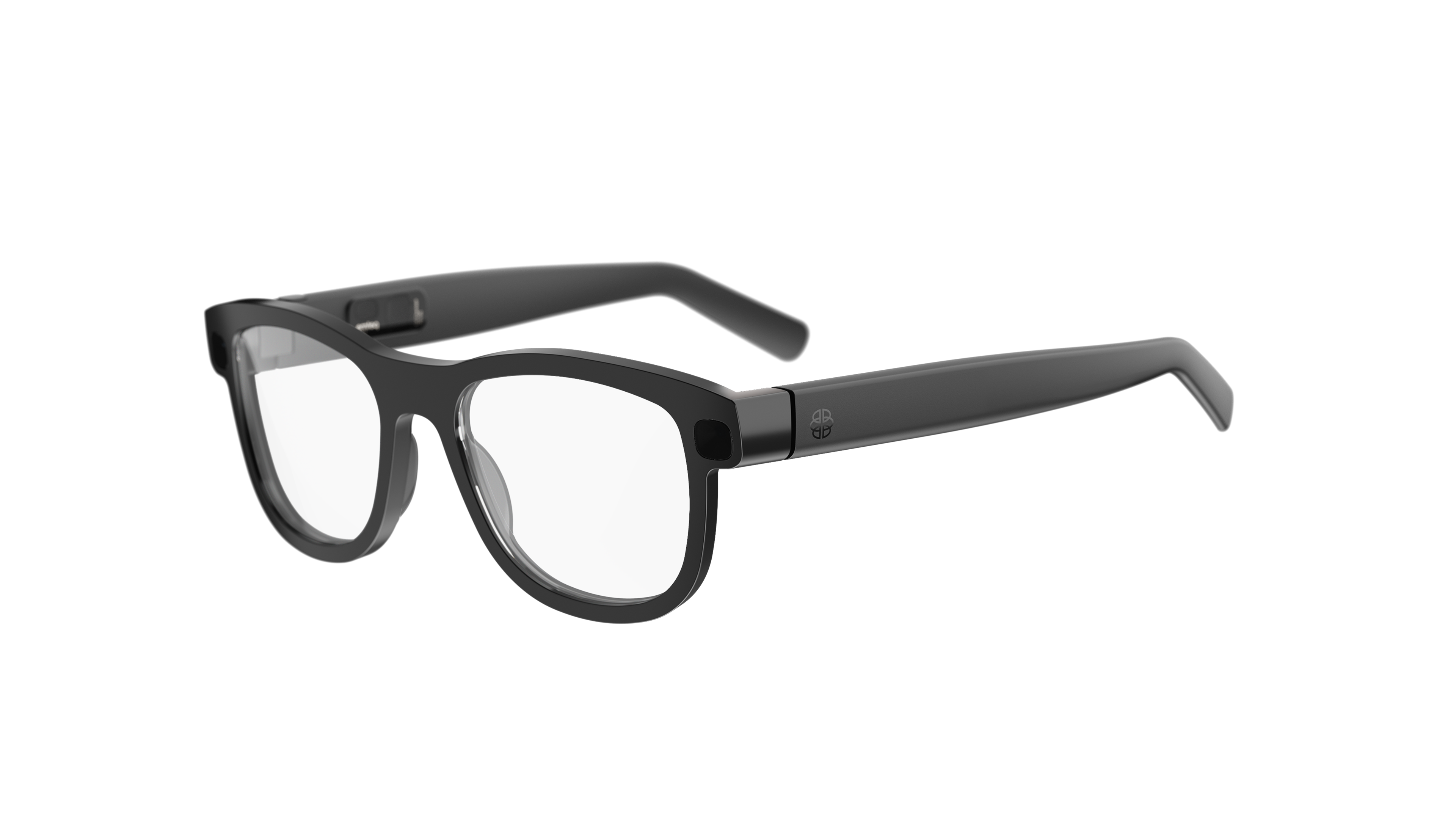Immersive technology presents a great deal of opportunity across all industries, none more so than in healthcare and mental health, but due to a lack of regulation, innovation also has the potential to result in dangerous or unethical practices.
Part two of the roundtable series was hosted by Dr James Somauroo, host of The HealthTech podcast, healthtech contributor for Forbes and founder of healthtech communications agency somX, along with our panel of experts:
Rachel Michelson – Medical XR advisor at XRSI. Rachel holds a degree in computer engineering from MIT and has experience in software development for public safety and cybersecurity evaluation of IoT and medical devices.
Walter Greenleaf – Neuro and behaviour scientist and medical technology developer at Stanford University and Colorado Mental Health Innovation Centre. With over three decades of research and development experience, Walter is considered a leading authority in digital medicine and medical XR technology. He also works as an advisor to start-ups, pharmaceutical and medical device companies.
Dr Charles Nduka – Consultant plastic and reconstructive surgeon specialising in facial reanimation following facial nerve palsy. He is also Co-founder and Chief Scientific Officer of emteq labs and recently joined XRSI as a member of the Medical Advisory Board.
Evidence for clinical effectiveness and immersive technologies
Evidence and data undoubtedly provide a cornerstone for building trust with clinicians and users. Immersive technologies are still in the very early stages of growing that critical body of evidence, although there is now primary research emerging that is beginning to build those foundations. Numerous academic research groups are also exploring how XR can be used to address a broad range of clinical applications such as autism, cognitive ageing, stroke rehabilitation and even addiction. In order to build genuine trust in XR, large-scale clinical trials for the most up-to-date technologies are needed, in the same way as a new medicine. However, research of this kind takes time and significant investment, and unlike medicines and molecular therapies, technology moves so quickly that research of today may be of little use tomorrow.
Put simply, research must be accelerated in large samples to validate clinical applications – given the experience of pharma and medtech in achieving this, there is great opportunity to collaborate and share learnings that can help to address these issues.
Making Global Impact
The biggest challenges in healthcare are well known – an ageing population, a mental health crisis, a global pandemic, lack of access to healthcare and growing demand against limited resources. These are all issues that existing systems around the world are not well equipped to fully address at scale, in a sustainable way. By contrast, technology provides the opportunity to reach more people, more efficiently in a more cost-effective way. As VR advances and becomes cheaper, mobile phone technology can be used to bridge the gap in sustainability, whilst also enabling a greater level of personalisation. Virtual avatars could even be used to create engaging patient content and wearables will also provide more information to adapt and target interventions and therapies according to individual need.
Making XR safer
Currently standards for how data is collected, aggregated and modelled are insufficient and there is not yet a significant understanding of the long-term impact of XR technology on the brain. As a worldwide not-for-profit organisation that promotes privacy, security, and ethics in immersive environments, XRSI is dedicating its efforts to developing and enforcing new standards that focus on key issues like privacy and child safety. To support this much needed progress, it is clear that responsibility for using XR in a safe and ethical way is the responsibility of the many, not just a few and therefore all stakeholders in the space must contribute in a meaningful way.
Get in touch with emteq labs:
www.emteqlabs.com | info@emteqlabs.com
Get in touch with the guests:
https://www.linkedin.com/in/waltergreenleaf/
https://www.linkedin.com/in/rmichelson/
To learn more about the organisations and initiatives mentioned in the podcast: https://xrsi.org/
Virtual human interaction lab at Stanford -https://vhil.stanford.edu/
National mental health innovation centre at the University of Colorado – https://www.cuanschutz.edu/centers/national-mental-health-innovation

.png)
.png)





